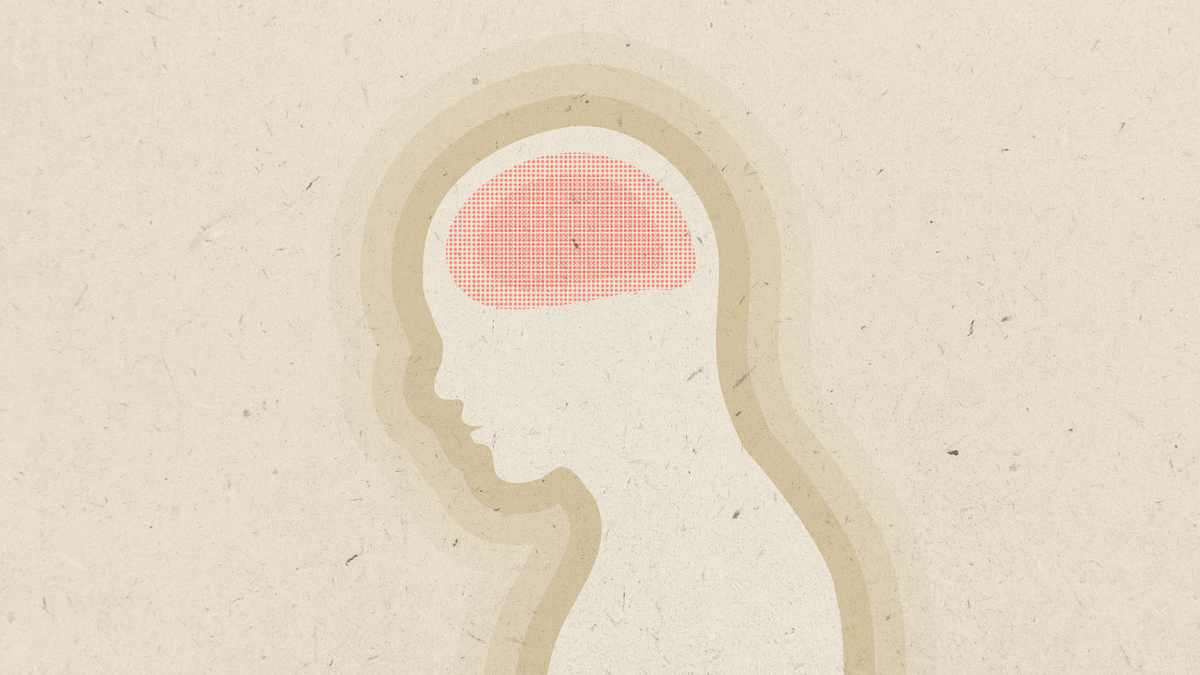Conversation about suicide skyrockets on Election Day
Posts also shared concerns about the potential consequences of calling crisis hotlines.

Posts also shared concerns about the potential consequences of calling crisis hotlines.
This past week, most conversation about mental health discussed suicide and the recent influx of calls to LGBTQ+ crisis hotlines, with some comments falsely claiming that LGBTQ+ identities are mental health conditions. Plus, a Reddit thread discussed a crisis hotline for veterans, and some users expressed concern about crisis hotlines that may send police to callers in distress.
In light of these conversations, communicators may recirculate mental health resources for veterans and LGBTQ+ people, reiterate that LGBTQ+ identities are not mental health conditions, and explain why some crisis hotlines may contact 911 in certain circumstances.

Insights brought to you by the reporters and science writers of Public Good News (PGN), a nonprofit newsroom dedicated to improving community health.
What’s trending nationally in conversations about mental health
In the days surrounding the U.S. presidential election, online conversation about suicide surged. On Election Day, terms associated with suicide were mentioned approximately 233,000 times across social media platforms and in news articles. Top posts in the past week highlighted that LGBTQ+ crisis hotlines in particular have been experiencing a dramatic influx in calls. An X post from someone who tried to access an LGBTQ+ crisis hotline shared a screenshot of a message stating, “We’re sorry for the wait. We’re experiencing a high demand for LGBTQI+ support… .” The post received approximately 11 million views, 317,000 likes, 32,000 reposts, and 1,800 comments as of November 14. Some comments expressed support for the person who tried to access the hotline. Others shared stigmatizing attitudes toward LGBTQ+ people and falsely claimed that being part of the LGBTQ+ community is a mental health condition.
Leading up to Veterans Day on November 11, posts across several platforms raised awareness about the mental health struggles that veterans may face and shared resources like the Veterans Crisis Line. In response to a Reddit post about the Veterans Crisis Line, which received approximately 9,100 upvotes and 420 comments as of November 14, users discussed their mixed experiences with the hotline. Some comments expressed concern about potentially having police sent to their home or being forcibly hospitalized if they were to call a crisis hotline, as the Veterans Crisis Line may send police to callers under certain circumstances.

Recommendations brought to you by the health communication experts behind Infodemiology.com.
Recommendations for public health professionals
Each week, the Infodemiology.com team will provide messaging recommendations in response to some of the trending narratives outlined above. These helpful tips can be used when creating content, updating web and FAQ pages, and developing strategy for messaging about mental health.
In response to conversations about LGBTQ+ identities and mental health, communicators may explain that while LGBTQ+ people may experience psychological distress in response to discrimination and legal stigma, their identities are not mental health conditions. Recirculating mental health resources for LGBTQ+ people is recommended. Resources may include directories where people can search for LGBTQ-informed therapists and support groups, the Trevor Project’s hotline for LGBTQ+ youth, the Trans Lifeline, and the LGBT National Help Center.
Conversations about veterans and mental health provide an opportunity to recirculate mental health resources for veterans, including local vet centers that offer counseling and support groups, self-help tools, and the Veterans Crisis Line, which can be reached by calling 988 and pressing 1. In response to concerns about crisis hotlines calling police, messaging may emphasize that crisis hotlines like 988 and the Veterans Crisis Line do not automatically call police and that counselors are trained to use “the least invasive intervention” when speaking with callers. However, when counselors believe that a caller’s life is at risk, they can ask a 911 dispatcher to try to find out where the call is coming from, which may result in police intervention. Research shows that about 1 percent of callers receive an “involuntary emergency rescue.” Mental health hotlines that do not directly call police include the Trans Lifeline, the LGBT National Help Center, the Wildflower Alliance Peer Support Line, Call BlackLine, StrongHearts Native Helpline, and THRIVE Lifeline. However, callers who have concerns about potential contact with police or hospitalization may want to ask hotlines about their policies before disclosing information that could lead to an involuntary emergency rescue, as some of these hotlines may seek support from other first responders that work with police or mandated reporters.
